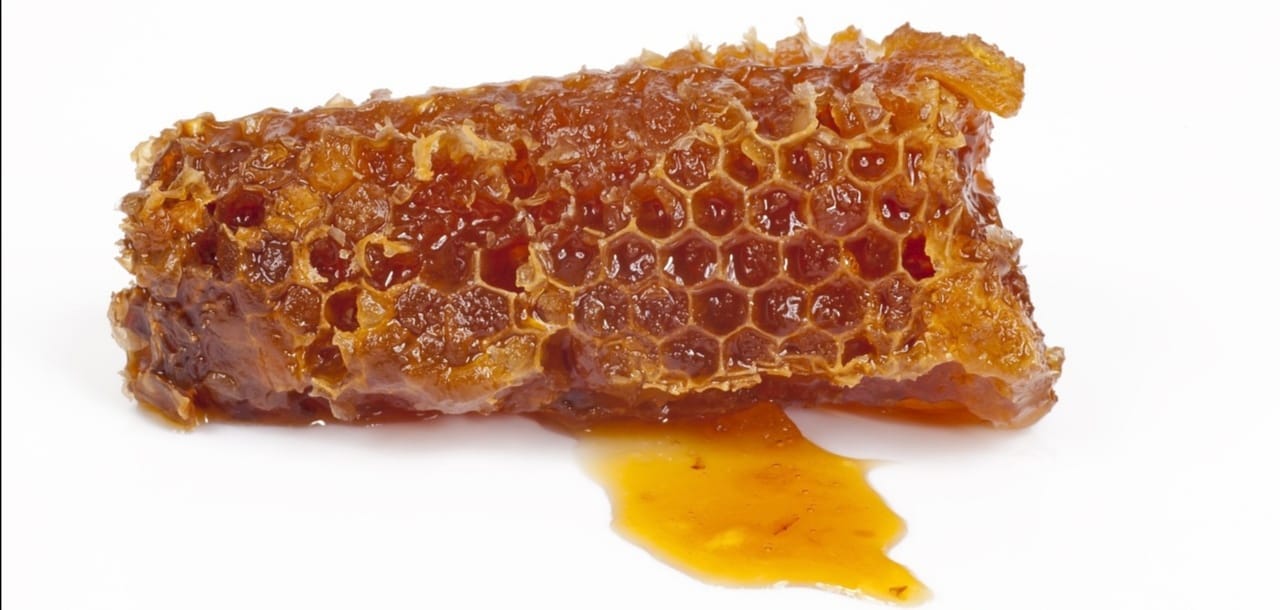Honey, the golden nectar produced by honeybees, has been enjoyed for centuries not only for its exquisite taste but also for its numerous health benefits. In this article, we delve into the importance of honey for the body, explore how it is manufactured, compare it to sugar, examine the health implications of its absence or excessive consumption, and uncover the wide range of benefits it offers to the body system.
Importance of Honey to the Body:
Honey is not only a delicious natural sweetener but also a valuable source of essential nutrients and antioxidants. It contains vitamins, minerals, enzymes, and amino acids that contribute to overall well-being. The consumption of honey has been linked to several health benefits, including:
a) Boosting the immune system: Honey’s antimicrobial properties can help fight against bacteria, viruses, and fungi, thereby enhancing the body’s immune response.
b) Soothing sore throats and coughs: Honey’s natural properties make it an effective remedy for alleviating throat irritation and suppressing coughs. It can also provide a coating effect, soothing the throat and reducing discomfort.
c) Providing energy: The natural sugars in honey, primarily fructose and glucose, serve as an immediate source of energy for the body, making it an ideal choice for athletes and those needing a quick energy boost.
d) Aiding digestion: Honey has been used traditionally to promote healthy digestion. It can help soothe the digestive tract, relieve constipation, and improve overall gut health.
How Honey is Manufactured:
Honey is produced by bees through a remarkable process. Worker bees collect nectar from flowers and store it in their honey sacs. Enzymes present in the bees’ bodies convert the nectar into honey. Back at the hive, the bees regurgitate the nectar and repeatedly ingest it to enhance the enzymatic process. They then deposit the honey into honeycomb cells and fan their wings to remove excess moisture, resulting in the thick, concentrated substance we know as honey.
Is Honey Better than Sugar?
When comparing honey to white sugar, there are several factors to consider. Honey is a natural sweetener with additional nutritional properties, whereas sugar is a highly refined product. Here are some key points to note:
a) Nutritional content: Honey contains small amounts of vitamins, minerals, and antioxidants, while white sugar is devoid of any nutritional value.
b) Glycemic index: Honey has a lower glycemic index than white sugar, meaning it causes a slower and more gradual rise in blood sugar levels.
c) Taste and sweetness: Honey offers a distinct flavor profile and varied sweetness, depending on its floral source, whereas white sugar provides a consistent sweet taste.
d) Caloric content: Honey is denser in calories than sugar, so it should be consumed in moderation to avoid excessive calorie intake.
Health Implications of Not Using Honey or Excessive Usage:
a) Absence of honey: While honey can be a beneficial addition to one’s diet, its absence does not necessarily lead to adverse health effects. A well-balanced diet can provide essential nutrients found in honey from other sources.
b) Excessive consumption: Although honey offers health benefits, consuming it excessively can contribute to weight gain, tooth decay, and an increased risk of developing chronic diseases such as diabetes and heart disease. Moderation is key when incorporating honey into a balanced diet.
What Honey Does for the Body System:
a) Antioxidant properties: Honey contains a variety of antioxidants that help reduce oxidative stress and combat free radicals, potentially lowering the risk of chronic diseases.
b) Wound healing: Honey’s antimicrobial and anti-inflammatory properties make it effective in promoting wound healing and preventing infections.
c) Skin benefits: Honey can be used topically as a natural moisturizer and has been shown to have antibacterial properties, making it beneficial for various skin conditions.
d) Allergy relief: Some believe that consuming locally produced honey may help alleviate seasonal allergies due to its potential exposure to small amounts of pollen, but scientific evidence is limited.
Conclusion:
Honey, with its rich nutritional profile, diverse health benefits, and versatile applications, is not only a delicious natural sweetener but also a valuable addition to a healthy lifestyle. However, it should be consumed in moderation, considering individual dietary needs and health conditions. As with any dietary changes, it is advisable to consult with a healthcare professional for personalized advice.





